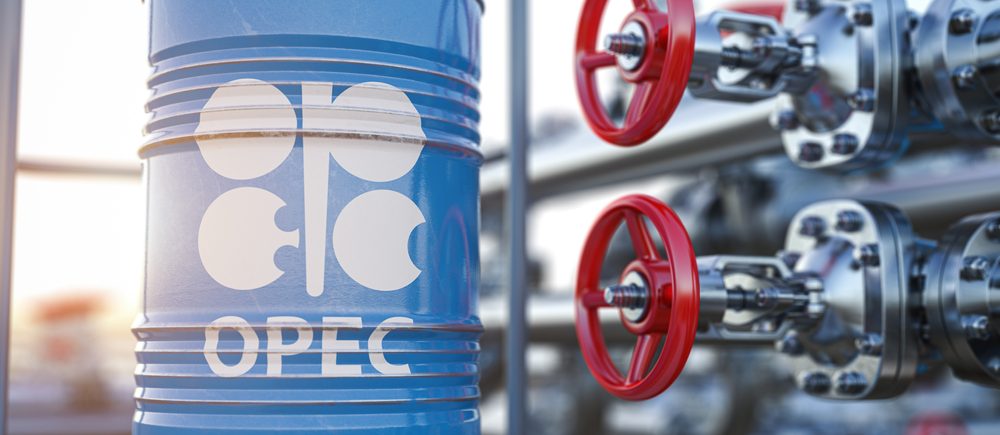Oil prices rose on Wednesday, supported by Saudi Arabia’s surprise pledges this week to cut production further, which offset the impact of weak Chinese data and an increase in US fuel inventories.
Brent crude futures rose 36 cents, or 0.5 percent, to $76.65 a barrel by 0949 GMT. West Texas Intermediate crude futures rose 37 cents, or 0.5 percent, to $72.11 a barrel.
The two benchmarks jumped more than a dollar on Monday, after Saudi Arabia’s decision on Sunday to reduce production by one million barrels per day to nine million barrels per day, starting in July.
Oil prices had fallen earlier in the session due to weak economic data from China and a rise in US fuel inventories.
Chinese exports fell much faster than expected in May and imports fell, albeit at a slower pace, as factories struggled to attract foreign demand and domestic consumption remained weak.
Wednesday’s data also showed oil imports of China, the world’s largest crude importer, rose to the third highest monthly level in May as refineries sought to fill stocks.
On the other hand, market sources on Tuesday quoted data from the American Petroleum Institute that gasoline inventories in the United States rose by about 2.4 million barrels and distillate inventories increased by about 4.5 million barrels in the week ending June 2nd.
The unexpected increase in inventories raised concerns about fuel consumption in the world’s largest oil consumer, at a time when travel demand is growing during the weekend, which includes a public holiday there.
And the US Energy Information Administration said on Tuesday that US crude oil production this year will rise faster and that the increase in demand will subside compared to previous expectations.
 Noor Trends News, Technical Analysis, Educational Tools and Recommendations
Noor Trends News, Technical Analysis, Educational Tools and Recommendations





